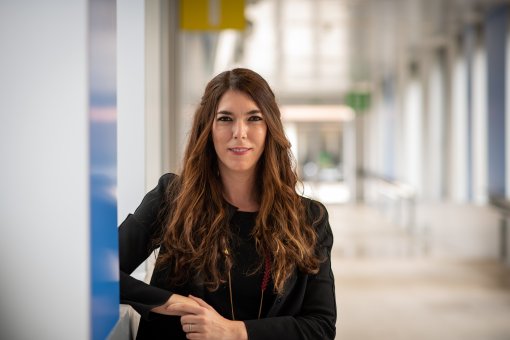Images
Participants

Contact

The announcement made yesterday by the Chinese scientist He Jiankui that twins Lulu and Nana had been born after editing their DNA has brought about a storm of criticisms and generated alarm among the scientific community and society. (*Chinese researcher claims first gene-edited babies. Associated Press). The gene editing of embryos may become (or not) a reality in the future, but right now it is clearly premature.
The Chinese researcher He Jiankui has crossed all the red lines because before this technology can go any further, ethical issues have to be debated at length and certain technical aspects need to be addressed.
With respect to the technology, the tools to alter gene inheritance in humans without the risk of unintentionally altering other genes are not suffciently accurate. We still cannot predict the long-term effects of these modifications, which can take time to become apparent. Furthermore, gene editing in embryos is transmitted to future generations, to people who haven’t agreed to these changes.
This last question falls into the field of ethics. There is still no consensus regarding whether we should move forward in gene editing in embryos. If consensus were to be reached and a decision taken to go ahead, we would have to establish under what circumstances this would be allowed. In my opinion, in order to avoid the possible temptation ask for “customised children”, gene editing in human embryos should only be performed in dramatic cases and should be subjected to strict legal requirements.
By Elena Sancho, research associate, IRB Barcelona.
To know more:
About IRB Barcelona
The Institute for Research in Biomedicine (IRB Barcelona) pursues a society free of disease. To this end, it conducts multidisciplinary research of excellence to cure cancer and other diseases linked to ageing. It establishes technology transfer agreements with the pharmaceutical industry and major hospitals to bring research results closer to society, and organises a range of science outreach activities to engage the public in an open dialogue. IRB Barcelona is an international centre that hosts 400 researchers and more than 30 nationalities. Recognised as a Severo Ochoa Centre of Excellence since 2011, IRB Barcelona is a CERCA centre and member of the Barcelona Institute of Science and Technology (BIST).




